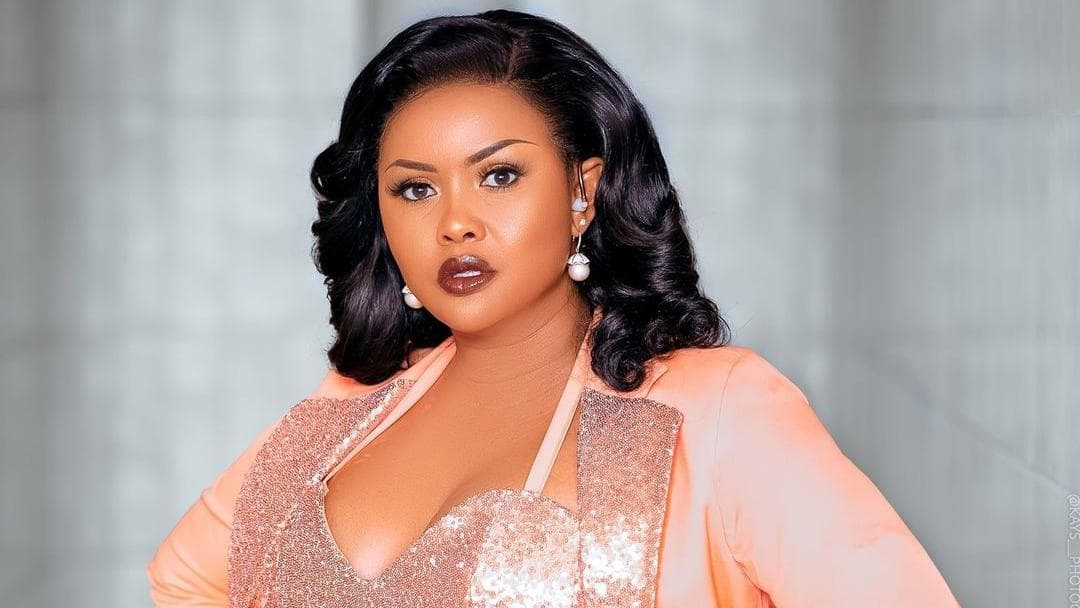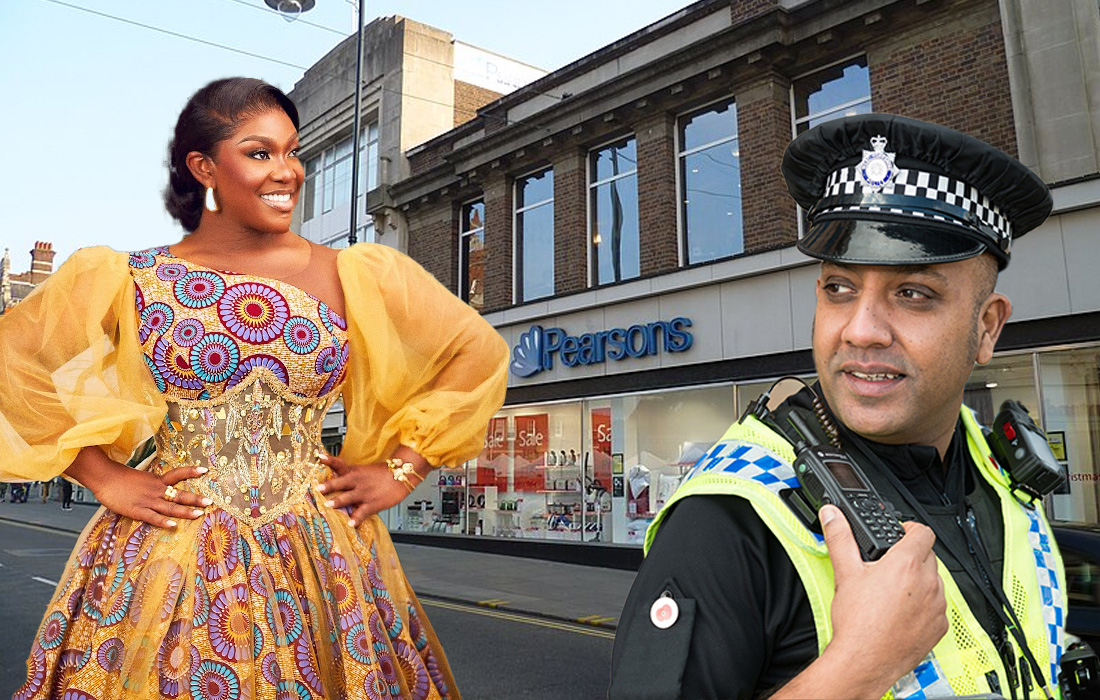In Ghana, becoming an entertainment pundit doesn’t require formal qualifications or certifications like other professional fields such as medicine, law, or accounting. Instead, individuals often rely on personal interest, experience, and media visibility to secure these roles. This has raised questions about whether the creative industry undervalues expertise, as punditry in other fields typically demands specialized knowledge.
Prominent Ghanaian entertainment pundits like Arnold Asamoah-Baidoo exemplify how a mix of passion, research, and communication skills can build credibility in this space. Arnold’s rise to prominence stems from his deep knowledge of the industry, his ability to analyze issues critically, and his straightforward approach to debates. His frequent appearances on platforms like Peace FM’s Entertainment Review and United Showbiz have cemented his reputation as one of the most respected voices in the field.

Read Also: Sally Mann’s Obsession with McBrown: Jealousy or Bitterness?
However, the lack of formal requirements for punditry often leads to the inclusion of individuals whose contributions are more about popularity than expertise. This contrasts with professions like film criticism or sports analysis, where established criteria often define who qualifies to provide insight. In Ghana, any vocal or media-savvy individual can comment on entertainment issues, creating a landscape where constructive discourse can sometimes be overshadowed by sensationalism.
This discrepancy in standards could reflect how the creative industry is perceived. Unlike technical fields with rigorous training paths, entertainment is often seen as accessible to anyone with a platform. While this openness can encourage diverse perspectives, it also risks diluting the quality of discussions with uninformed opinions.
To raise the bar, media outlets might consider setting guidelines for punditry. These could include demonstrated experience in the entertainment industry, a history of analytical work, or even basic training in media ethics and communication. Such measures could help balance accessibility with expertise, ensuring that debates are both engaging and insightful.
Ultimately, if the creative sector wants to foster professionalism, adopting standards similar to those in other industries might be a necessary step.



















